Lesson 2: Selection for development
Lesson 1: Open-door policy to the bright path

"New Sun" Rang Dong
Rang Dong commune (Tuan Giao district) has 3 ethnic groups living together: Khang, Mong and Kinh, in which the Khang ethnic group accounts for the largest proportion (58%). What is special is that there is a village with nearly 100% Kinh people (Rang Dong village) - this is a Kinh village originally from Thai Binh province that has developed a new economic zone since 1961. That is why the village has a very "lowland" name (the name of the commune after being separated from Phinh Sang commune is also named after the village, Rang Dong).
The Party Secretary of the commune, La Van Thoan, said: Due to the special customs of the people, in the past, after the harvest season (corn, upland rice), the men stayed home to make wine and drink wine, the women went to the forest to collect bamboo shoots and firewood. That cycle continued from year to year, a life of self-sufficiency. The problem is that they did not consider it suffering, underdevelopment, and just accepted their fate! But society is always moving, moving towards something better; the Party and State's policy is "not to leave anyone behind". To do this, key cadres at the grassroots level must be the ones to "pull" them forward. That is the responsibility, the purpose of the work.

According to the Secretary of the Rang Dong Commune Party Committee, although the Government and the consulting agencies and localities have researched and implemented the policy when planning the policy, the implementation of the policy is like "an equation with many solutions", meaning that the terrain, climate, and ethnic characteristics may be similar but each place will have a different result. For example, the way the Mong people in Pu Nhung Commune apply the policy will be different from the Mong people in Rang Dong Commune.
Currently, Rang Dong commune is implementing a model of growing Taiwanese mangoes with an area of over 40 hectares in Nam Mu village and 6 hectares of grapefruit from the capital of national target programs. The first harvest of Taiwanese mangoes yielded over 20 tons, priced from 8,000 - 10,000 VND/kg. According to the commune's assessment, this is the first crop, the above results are acceptable. The important thing is that people have gradually shaped agricultural production towards commodities. Rang Dong has glimmered the "new sunshine" of change and development.

To prove what he said, Rang Dong Commune Party Secretary La Van Thoan and us went to Nam Mu village - a village with nearly 100% of the population being Khang ethnic people. We visited the family of Mr. Quang Van Panh, Secretary of the Nam Mu village Party cell and also a household that has tested growing 1 hectare of Taiwanese mango, which has now harvested 0.5 hectare with a yield of 2 tons. Mr. Panh's family sold it for 8,000 VND/kg. Sharing about the first time growing fruit trees for commercial purposes, Mr. Panh said: 16 million VND is not too much money, but for us, the people of Nam Mu village, this is a very good result. Previously, only households in Rang Dong village (a village with 100% Kinh people) had a fruit tree farm model, now in addition to my family, there are more than 20 other households in Nam Mu village growing Taiwanese mango (17 households have harvested). The commune acts as an intermediary for the consumer to sign a commitment to consume the product. We are “advancing with the lowlanders”!

Comprehensive care
The three national target programs, with the focus on the Socio-Economic Development Program for Ethnic Minorities and Mountainous Areas, continue to be implemented deeply and widely in Dien Bien province in particular and in ethnic minority and mountainous areas across the country in general. Although there are periods when the applied policies have not achieved the desired results and effectiveness, it is undeniable that the quality of material, cultural and spiritual life of ethnic minority people is improving day by day. The Party's viewpoint of "Equality, solidarity, mutual assistance and mutual development" is also clearly demonstrated through social activities and programs calling for support for ethnic minorities in mountainous areas in Dien Bien by ministries and branches. Most recently, the Project to Support Housing Construction for Poor and Near-Poor Households in Dien Bien Province towards the 70th anniversary of the Dien Bien Phu Victory was launched by the Central Committee of the Vietnam Fatherland Front.

Ms. Pham Thi Tuyen, Vice Chairman of Tuan Giao District People's Committee, said: The statistics are very large, with a lot of content and sometimes just arithmetic because each stage has higher standards for evaluation (poverty standards, income levels in new rural criteria, level of cultural enjoyment, access to information, etc.). However, the biggest concern, and also the top priority of our staff, is: The State's policy resources for ethnic minorities are very large, so what should we do, what should we do to promote and improve all aspects of people's lives?

Currently, Tuan Giao district determines that the task of economic development for ethnic minorities is still the top priority. In which, it focuses on a number of key areas, the district has advantages, potential and good consumption links such as macadamia, coffee, fruit trees suitable for each sub-climate region. People must be the subject in economic development. Because when they work hard in production and succeed, of course, awareness has also been raised; the need to improve cultural and spiritual life will come from there. And the cadres from the district to the grassroots will continue to accompany and serve the comprehensive development of the people.

Dien Bien province is the westernmost area of the country, with a national border of more than 455km adjacent to two countries: Laos and China, and has a particularly important strategic position in terms of national defense and security. 18/19 ethnic groups, accounting for over 82% of the province's population, are ethnic minorities. Dien Bien continues to receive great and continuous care from the Party and State, especially for ethnic minorities - those who suffer disadvantages due to having to live in remote, border areas, with difficulties in transportation, infrastructure, etc. The people have been and are being cared for and invested in comprehensively developing all aspects of life, especially the level of awareness, knowledge, and production so that ethnic minorities can improve day by day./.
Source



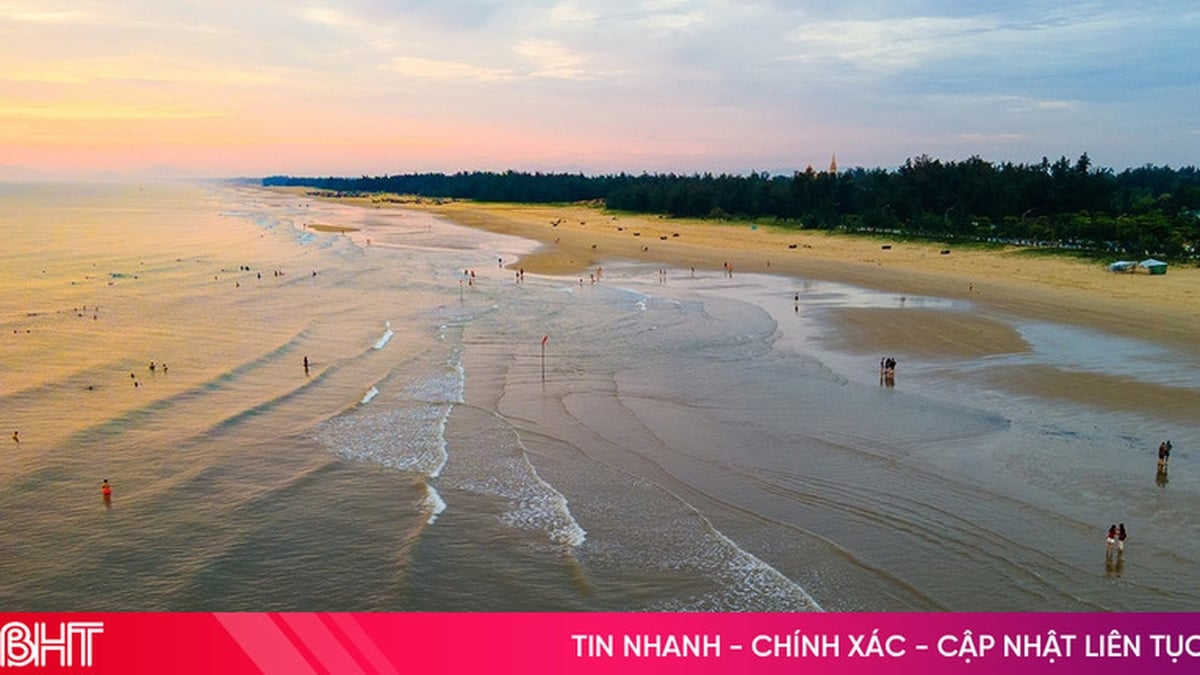
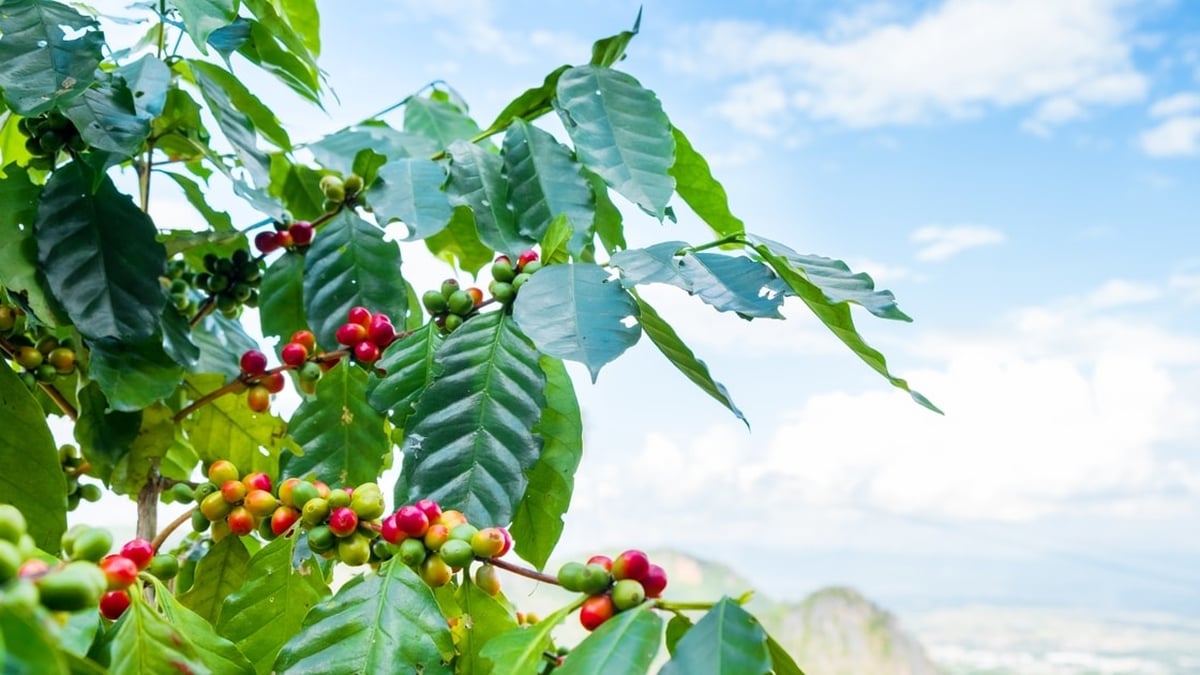
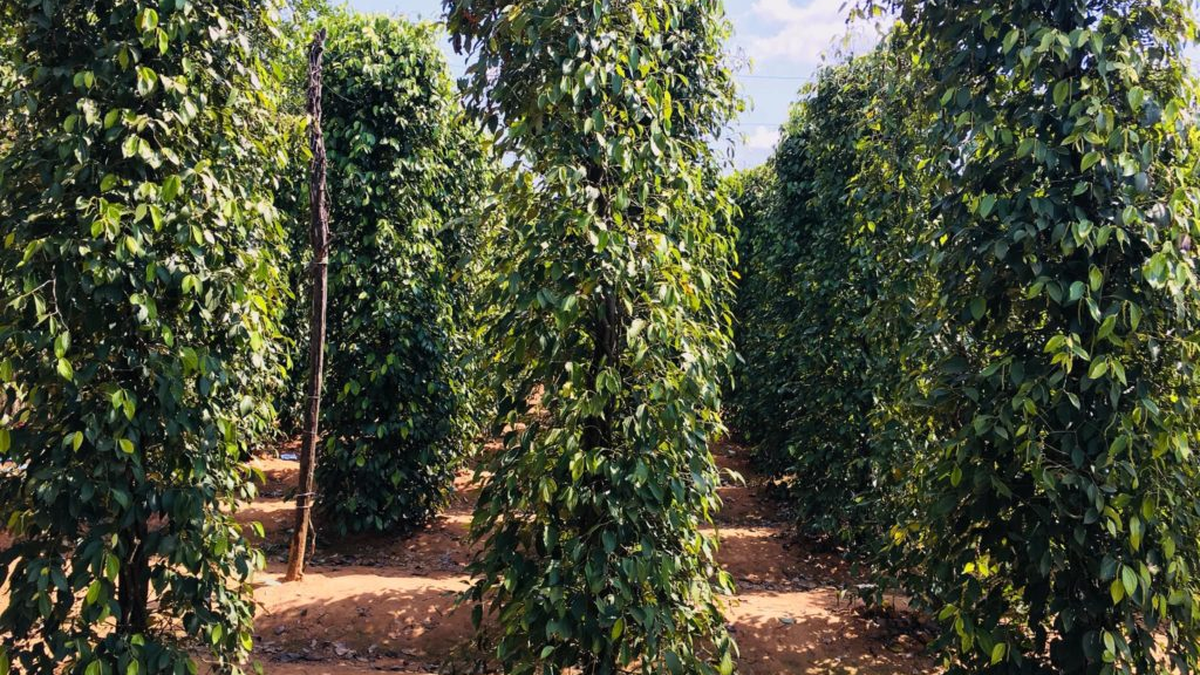


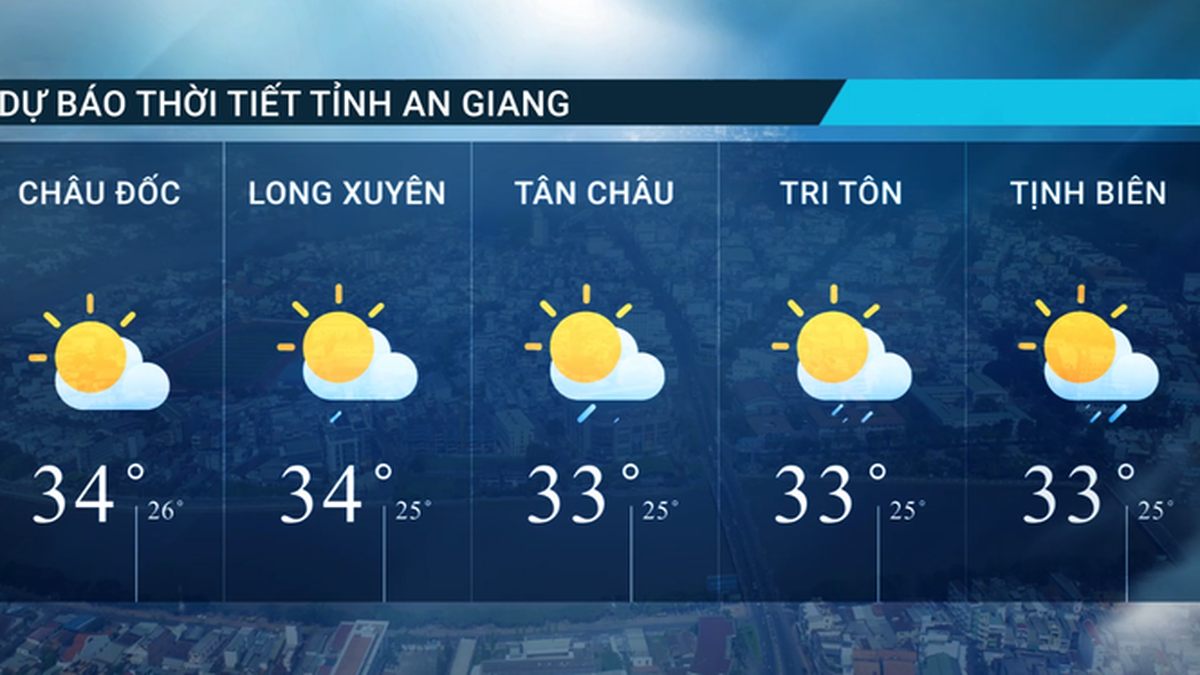


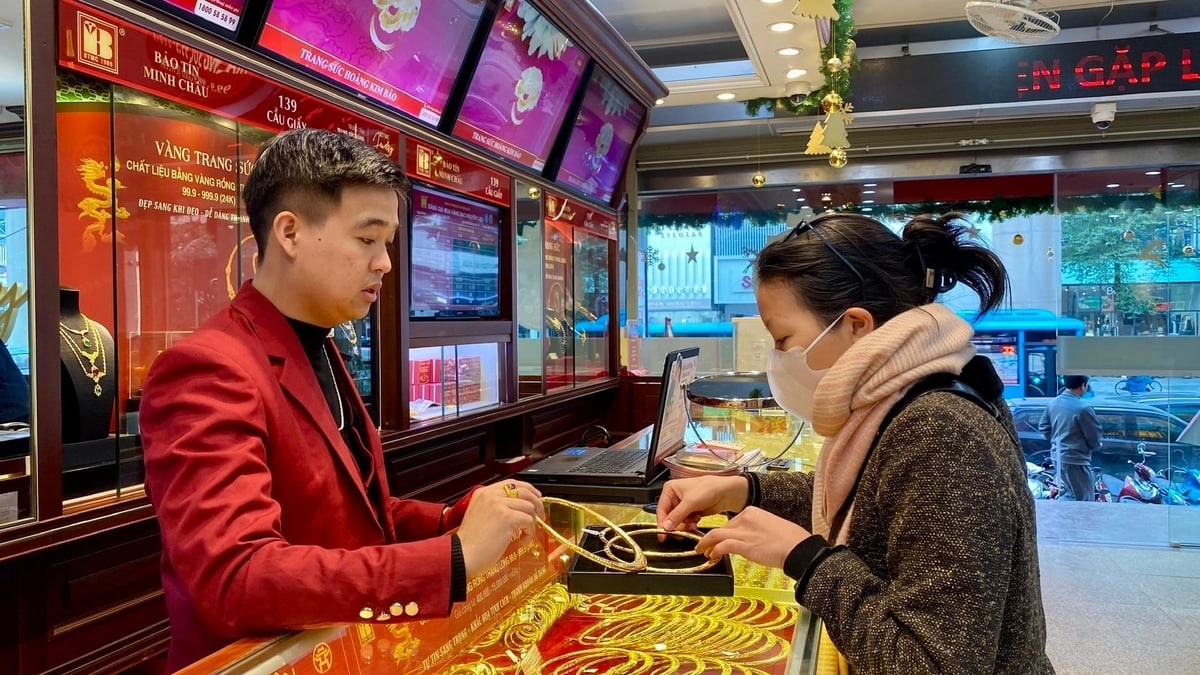








































![[Maritime News] More than 80% of global container shipping capacity is in the hands of MSC and major shipping alliances](https://vphoto.vietnam.vn/thumb/402x226/vietnam/resource/IMAGE/2025/7/16/6b4d586c984b4cbf8c5680352b9eaeb0)












































Comment (0)